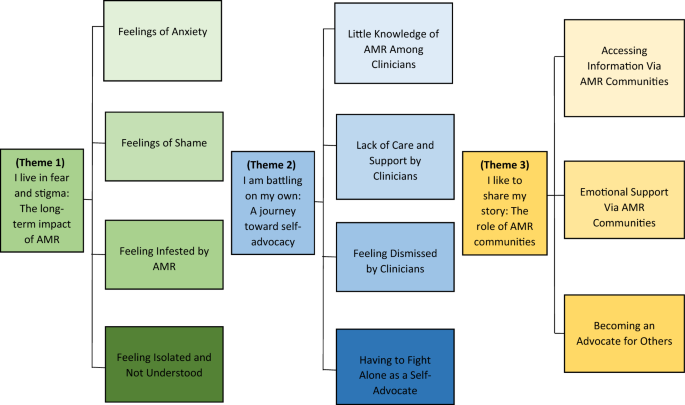💡 Public health campaigns targeting antimicrobial resistance (AMR) face challenges due to the complexity of AMR and the need for effective behavior change. This study aims to identify and evaluate campaigns conducted between 2010 and 2022, assessing their impact on public awareness and behavior related to AMR and antibiotic use.
📍 Methods:
A systematic search of Ovid MEDLINE and Embase yielded 41 studies covering 30 unique interventions. The majority of campaigns were conducted in Europe, with a focus on adults or both the public and healthcare professionals. The studies primarily measured changes in knowledge and attitudes toward AMR.
📍 Key Findings:
📌 Global Distribution: Campaigns were globally distributed, with Europe leading in the number of initiatives, primarily conducted at the national level.
📌 Target Audience: Campaigns targeted adults or both the public and healthcare professionals, emphasizing the importance of multifaceted approaches.
📌 Outcome Measures: Most campaigns measured changes in knowledge and attitudes regarding AMR, with successful campaigns employing mass media, targeted messaging, and healthcare professional interactions.
📍 Discussion:
The study suggests that campaigns significantly improved AMR-related outcomes, although observational study designs limit establishing causation. Key themes for effective campaigns include mass media, targeted messaging, and healthcare professional interactions.
Campaign Components:
📌 Mass Media Impact: Effective campaigns often utilized mass media for disseminating information, indicating its crucial role in reaching a broad audience.
📌 Targeted Messaging: Tailoring messages to specific infections, especially respiratory tract infections (RTIs), showed positive outcomes.
📌 Healthcare Professional Interaction: Involving healthcare professionals in campaign delivery enhanced effectiveness, emphasizing their role in mediating knowledge acquisition to behavior change.
Challenges and Recommendations:
📌 Methodological Rigor: Only a few studies used robust study designs, highlighting the need for standardized evaluation processes embedded in campaign design.
📌 Long-term Impact: Most studies assessed short-term impacts; however, long-term evaluations, as seen in campaigns in France and Belgium, are vital for understanding sustained effectiveness.
📌 Campaign Fatigue and Engagement: Research should explore methods to prevent campaign fatigue and actively engage the public, especially through social media and interactive approaches.
Future Research:
📌 Cost-Effectiveness: Future campaigns should include assessments of cost-effectiveness to determine the return on investment and potential policy influences.
📌 Recent Campaigns: More research on campaigns conducted in recent years is needed, considering changes in communication methods, especially on social media.
📍 This comprehensive review provides evidence supporting the effectiveness of public health campaigns in improving AMR-related outcomes. It emphasizes the importance of clear evaluation processes, methodological rigor, and the need for campaigns to adapt to evolving communication landscapes. Future research should focus on standardized evaluation approaches, cost-effectiveness, and innovative engagement strategies.
Link to the article : http://tinyurl.com/6kzmzkfy
